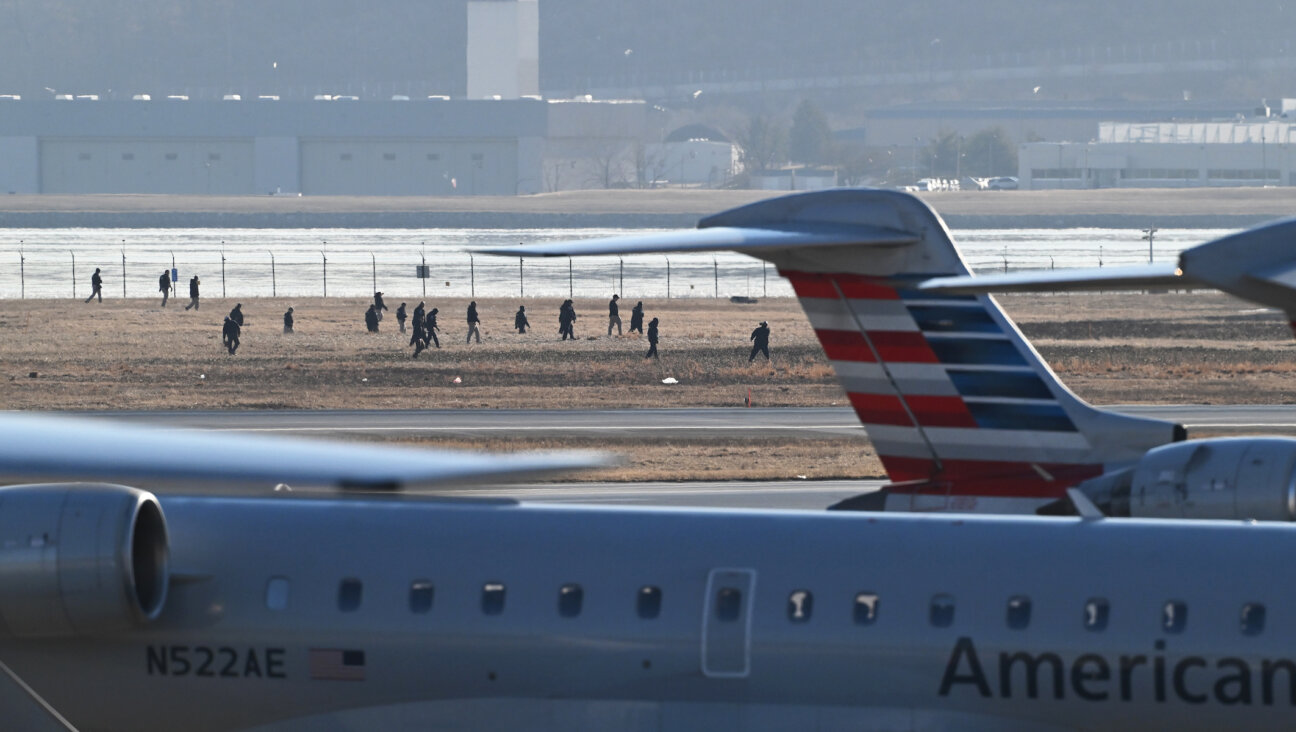What Bush’s Inaugural Address Didn’t Address
President Bush’s Second Inaugural Address is a masterpiece of “glittering generalities” that serves a double purpose. First, it avoids making any commitments for the future about the two central issues that arose, and that have not been resolved in the first administration. We refer to the war in Iraq and to America’s economy — which combined are now running up a debt burden that will bear heavily on our generation and back breakingly more heavily on our children and grandchildren and beyond.
The address skillfully avoids any specific commitments as to what will be done in the next four years in these vital areas. Second, it elevates the president’s political status by presenting him as a world persona with a lofty purpose; namely, as a champion of liberty.
But will he or can he truly be a champion of liberty in a world where one man’s “freedom fighter” is another man’s “terrorist?” Let’s take a few examples:
To the Irish in North Ireland, the Irish Republican Army is engaged in a fight for freedom. To their Protestant British opponents, the IRA is a terrorist outfit.
In Spain, the Basques have, over generations, been conducting a war for their liberation. To themselves they are freedom fighters, to the Spanish government they are terrorists.
In Russia right now, the Chechens are fighting for their freedom. To the Russian government, they are terrorists.
Then there are the Kurds, the once proud people of a land called Kurdistan — now divided into Iraq, Russia, Turkey — who periodically resort into upheavals and are treated by their conquerors as just unruly terrorists.
All of the above instances, however, can be located in or around some geographic area. But then there are the great empires that aspired to be the rulers of the world.
And like Bush, they claimed a noble purpose that, like “liberty,” could be summed up in one word. That word was “peace.” To be more accurate, it was the classic word for “peace.” In the case of the Roman empire it was Pax Romana. In the case of the British Empire it was Pax Britannica. And now, say some, Bush is reaching out to establish a Pax Americana.
Despite the appeal of the word “peace,” however, in time the peoples exposed to the classic “paxes” ended up by calling for “a pox on your pax.”
The great irony in Bush’s case is that if he really succeeds in bringing “liberty” to Iraq by holding an honest and true election so that the government reflects the will of the people, as should be the case where liberty prevails, Bush will have lost all chance of liberty in Iraq. In an honest election, Shiites, who make up about two-thirds of the Iraqi population, will win. Once they prevail, the ruling voice in Iraq would be that of the leading Shiite cleric al Sistani who made it clear now on several occasions that his party, once in power, will bring Iraq under the “shariah” system where the law of the Koran becomes the constitution of the nation and where the ultimate voice in all government matters is not parliament but the “church.” In short, Iraq will become another Iran — a theocracy — not a democracy,
And, as in Iran, the formal government will be secular, as it is embodied in the parliament, but the ayatollahs will be the ultimate power by virtue of their control of the courts and the military.
A message from our Publisher & CEO Rachel Fishman Feddersen

I hope you appreciated this article. Before you go, I’d like to ask you to please support the Forward’s award-winning, nonprofit journalism so that we can be prepared for whatever news 2025 brings.
At a time when other newsrooms are closing or cutting back, the Forward has removed its paywall and invested additional resources to report on the ground from Israel and around the U.S. on the impact of the war, rising antisemitism and polarized discourse.
Readers like you make it all possible. Support our work by becoming a Forward Member and connect with our journalism and your community.
— Rachel Fishman Feddersen, Publisher and CEO























